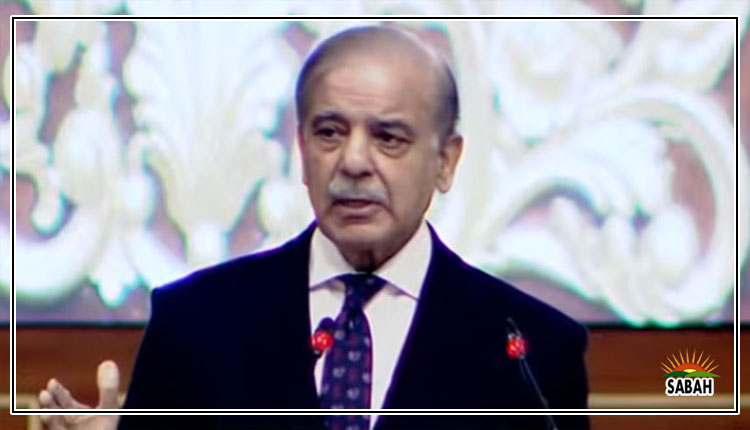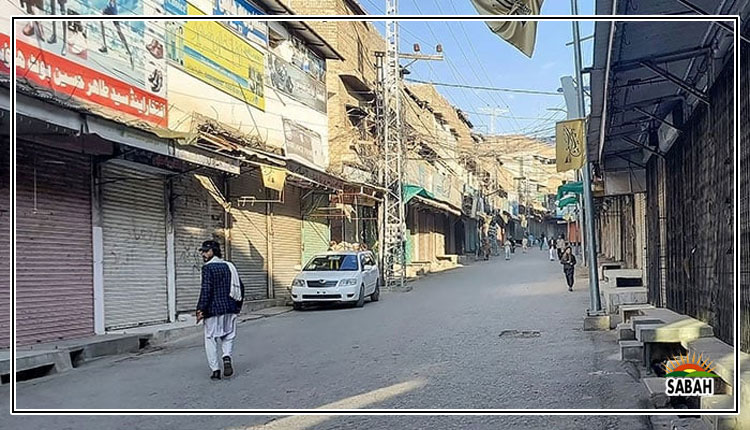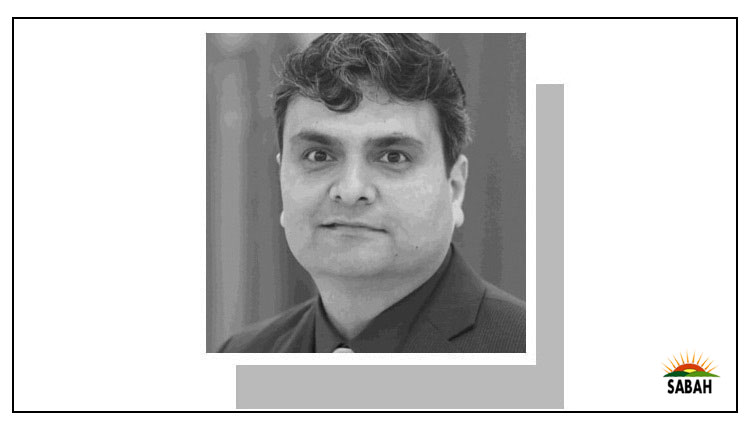In the fire of spring…Ghazi Salahuddin
At this time of the year when the vernal equinox has certified a change in season, the poet Omar Khayyam, in fact would advise you to fling your winter garment of repentance in the fire of spring. Rejoice, and make a new beginning is the message.
But we in Pakistan are rather removed from the peoples, particularly in Iran and parts of Afghanistan, who celebrate Nowruz, the advent of a new year. It is marked by the spring equinox in the northern hemisphere when the sun is exactly over the Equator and the day and night are of equal length. This astronomical phenomenon occurs around March 21.
Nowruz is a holy day for Zoroastrians (Parsis), Bahais and some Muslim communities. It is the most important festival for them, signifying the first day of spring and a time of spiritual renewal. Its festivities continue for almost two weeks and Iran has five official holidays for the people to celebrate Nowruz.
While I would like to retain some focus on Nowruz, lets see how seasons are changing in Pakistan, literally and metaphorically. This has really been a week in which many things are beginning to change. A constitutional crisis has arisen with the Election Commission of Pakistans postponement of elections in Punjab from April 30 to October 18.
Simultaneously, political temperature has risen dramatically with more audio leaks involving the higher judiciary and arrests of PTI activists. Imran Khan has spoken about a conspiracy that he believes the police chiefs of Islamabad and Punjab have hatched to assassinate him. He has the entire plan that he insists his adversaries have set into motion.
Meanwhile, his Zaman Park residence in Lahore continues to be defended by spirited battalions of PTI workers. It is certainly a spectacle of its kind in Pakistans political history, raising the spectre of violence and disorder. Then, a new dimension was added when Imran Khan attended the courts this week. Bulletproof sheets were used to shield him, and the entire scene provided striking visuals.
Talking of new beginnings, the sighting of the Ramazan moon was announced rather late in the night on Wednesday. And so, the month of fasting and piety that entirely changes the rhythm of life in the Muslim world has begun. With mounting economic difficulties, the burdens of Ramazan are bound to be unbearable for a large number of people in Pakistan.
Traditionally, Ramazan is a slow month with productivity slipping in many sectors. It will be interesting to see how the rising tempo in the political arena would orchestrate with Ramazans temper. Somehow, Ramazan also tends to induce bad behaviour at the popular level. People easily lose their heads and there is an increasing lack of civility in public places.
But the real concern during this month is the increasing potential for social disorder. The ruling coalition doesnt appear to be in control and political instability is bound to further weaken the peoples resolve and capacity to deal with the rigours of living their daily lives.
In these circumstances, we could do with some worthwhile distractions. There has recently been a spate of literary and cultural activities in our major cities, and it is possible that these engagements were emotionally beneficial for our more literate communities. However, a massive, people-oriented celebration of the kind that Nowruz is in Iran and elsewhere may have been more therapeutic. Perhaps we have become undeserving of such collective indulgences after we banished Basant from Lahore a few decades ago.
More than forty years ago, I had experienced Nowruz in Tehran and some images that still glow in my memory are of fire in a literal sense. Bonfires were lit on the streets after the sunset on the last Wednesday of the year and young men were jumping over the fire. Known as Chaharshanbe Suri, it is the first festivity of Nowruz. This tradition is meant to symbolically burn away negativity from the past year and to ward off evil spirits.
In passing, let me recall that there was some confusion about how Nowruz should be celebrated after the Islamist revolution in Iran in February 1979. After all, it goes back to about 3,000 years and was seen as pagan by a number of clerics. But it was very acceptable in 1980 when I was there to cover the first Majlis elections. This is how culture generally triumphs over religion. And the glory of Nowruz in Iran is indisputable.
Talking about new beginnings, this years Nowruz in Iran may also be seen as the celebration of its dtente with Saudi Arabia, brokered by China. It is the kind of beginning that changes history in a meaningful manner. One wonders if we in Pakistan would ever be able to make a similar beginning to chart a new path in search for our destiny.
Yes, one thinks of the initiative that is taken by Shahid Khaqan Abbasi and Miftah Ismail to reimagine Pakistan. This would call for an analysis that is not possible here. But the very idea of reimagining our lives and our country is tantalizing. Let us, then, make an effort to think and to dream. Unfortunately, this is not an easy assignment, considering Pakistans educational, intellectual, moral and cultural deprivations.
However, let me return to Omar Khayyam to find solace in poetry that essentially enhances our ability to think and to imagine and to dream. It so happens that World Poetry Day is celebrated on March 21 the Nowruz. It was so declared by Unesco in 1999 with the aim of supporting linguistic diversity through creative expression.
Incidentally, poetry is very much with us in our cultural existence. We have our Ghalib, our Iqbal and our Faiz, with many, many more. Still, let me sign off with old Omar: Ah love, could you and I with fate conspire / To grasp this sorry scheme of things entire, / Would not we shatter it to bits and then / Remould it nearer to the hearts desire.
Courtesy The News












